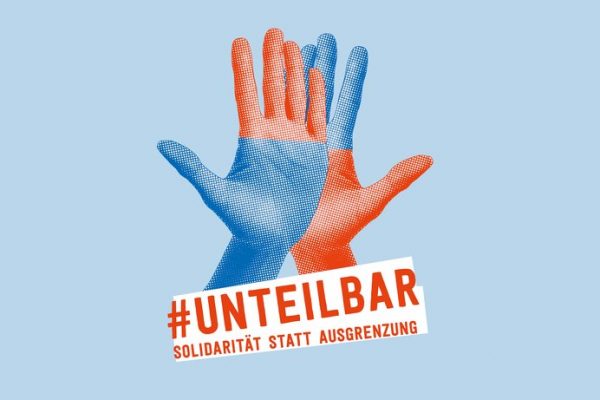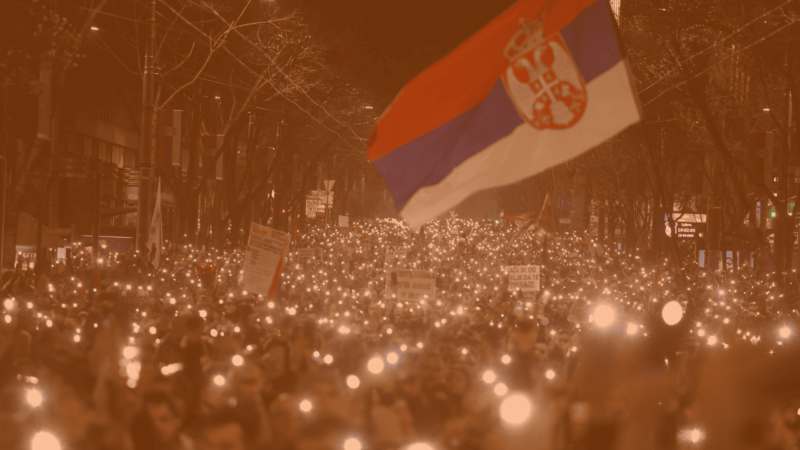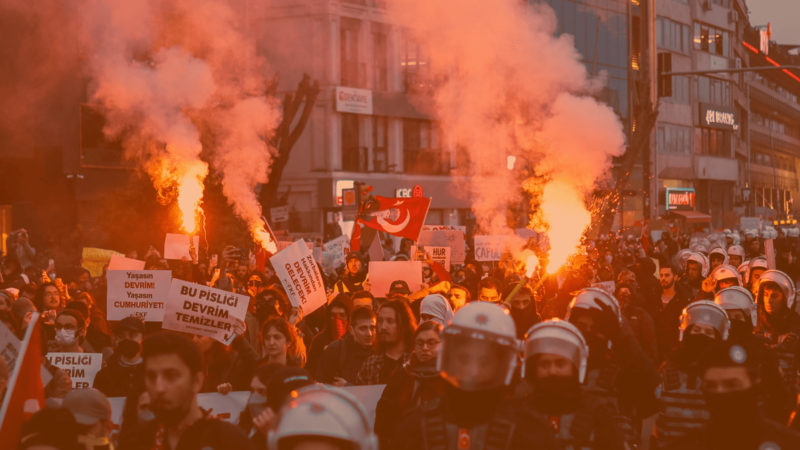We deeply despise the outrageous Nazi riots that took place in the city of Chemnitz on Monday.
During the annual city festival a 35-year old man was killed through a knife attack by two young men in the margins of the festival.
Just shortly after this brutal incidence the extreme-right party Alternative für Deutschland (AFD) organised a so-called funeral march to honour the victim. It soon became clear though that this self-proclaimed mourning ritual was nothing more than another act of emotional instrumentalisation. Within the next two days the city of Chemnitz transformed into a dystopian no-go zone. The initial funeral march had given rise to a series of Nazi attacks on foreigners and migrants. People were chased through town, threatened and attacked, journalists went under shelter. On the streets of Chemnitz “Hitler” salutes were enacted freely and hateful, xenophobic speech was plainly audible everywhere. The democratic opposition was present too – yet in a highly asymmetrical relationship.
Saxony’s police was said to be “overwhelmed” by the riots.
Saxony’s Minister of the Interior Wöller of the Christian Democratic Party (CDU) termed the “protesters” slobs. Both German media and established politicians suddenly provide analysis of the events, blaming each other, while struggling to name what happened at the same time.
But we have to get the words right now!
Let’s call the Chemnitz events what they were: a series of violent attacks by Nazis.
Whatever truth one may prefer, the occurrences in Chemnitz point out to a dreadful reality that is likely to be overseen and underestimated: extreme-right and fascist structures have never “disappeared” in Germany – on the contrary. As the riots in Chemnitz have shown, extreme-right violence and the speed of mobilisation have increased tremendously, leaving both the establishment and the public puzzled. Behind these mobilisations breaths a political monster that can no longer be ignored, that has entered far into supervisory committees, state criminal police offices and layers of society. It has found its legitimate parliamentary expression in the extreme-right wing party Alternative für Deutschland (AFD).
Some fear that the events in Chemnitz just mark the beginning of a greater series of fascist attacks undertaken by a movement that hasn’t just grown number, but also strategy-wise. It extends far beyond Eastern Germany with is special Neo-Nazi legacy.
Chemnitz yet marks a new level of Nazi violence.
While the monster is breathing, hope is breathing closer than one may assume.
The last few weeks have spiralled movements and alliances on the left and within the so-called “centre”. These movements and alliances are growing as well, such as die Seebrücke, We’ll Come United or Unteilbar. We in DiEM25 share friendly relationships with all of these movements and alliances as we are a part of them.
These movements will have to nip it in the bud though and move beyond symbolic expressions of protest. And we in DiEM25 will continue reclaiming, building and implementing our collective-democratic vision together with those who will continue to oppose.
The first step may be to get the words right.
Do you want to be informed of DiEM25's actions? Sign up here















